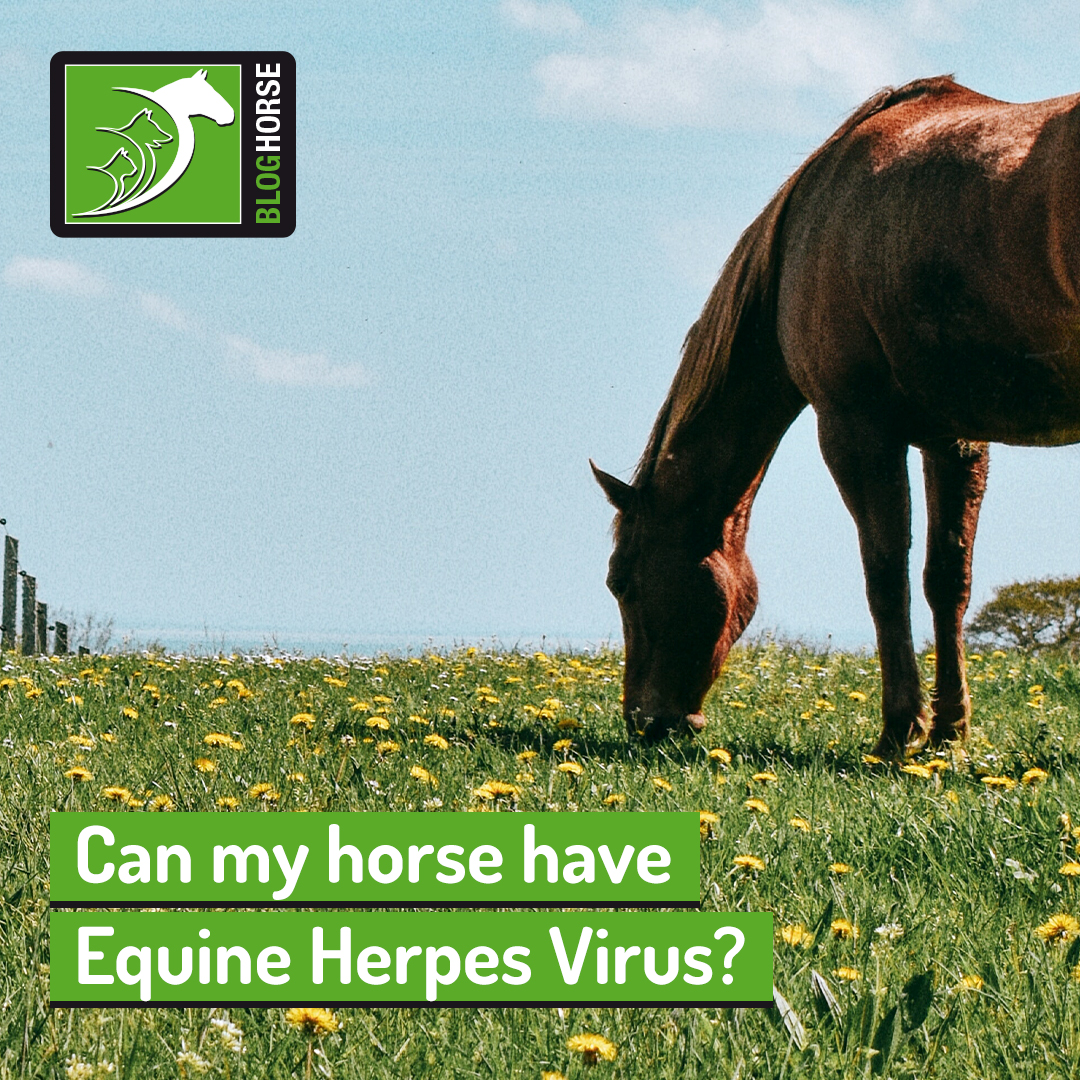Dangerous airborne viruses that can cause respiratory and neurological diseases are not just for humans. Equine herpes virus (EHV-1 and EHV-4) is a virus that has a worldwide distribution and is highly contagious, which means that your horses are at risk of being affected, especially if they travel extensively.
Keep reading to learn more about how to keep your horses healthy.
Signs
There are five different variants of EHV, but EHV-1 and EHV-4 are the most common and clinically significant variants. They might cause respiratory, neurological or reproductive signs.
Respiratory:
- Fever;
- Coughing;
- Lack of appetite;
- Runny nose.
Neurological:
- Uncoordinated walking;
- Loss of bladder function and skin;
- Paralysis of the limbs ranging from mild to total walking and standing incapacity.
Reproductive:
- Sudden abortion occurring 2 to 12 weeks after infection;
- Several mares may abort at the same time;
- Newborn foals may die soon after birth.
Many animals are also asymptomatic, and they can carry the disease for years and years, shedding the virus intermittently when they are subjected to stressful situations such as during travel or when changing stables.
EHV usually only causes mild respiratory signs, and most animals are expected to recover without issue. However, when there is neurological involvement, these cases might be fatal or require euthanasia due to welfare concerns as animals can be permanently paralysed.
Prevention
There is no specific treatment for EHV, meaning there are only supportive therapy options if your horse gets sick. Preventing your horses from becoming infected is the best way to avoid any issues, especially in young animals or pregnant mares who are the most susceptible to problems.
Vaccination is the best way to prevent EHV, but it is just a part of a sturdy prevention program against this disease. Good biosecurity and hygiene protocols are also crucial to avoid infection as the vaccine is highly effective, yet it doesn’t confer total protection.
Biosecurity protocols often include thorough disinfection of stables, equipment and vehicles where horses have been transported.
Pregnant mares should also be kept separate from the rest of the herd and in small groups of other animals with similar due dates. If you notice one of your mares has aborted, mention it to your vet at once and handle aborted tissues carefully as they can contain high quantities of EHV.
Each situation is unique and the protocols you will need to implement can vary significantly over time so make sure to always discuss any concerns you might have with your veterinarian and keep vaccinations up to date as well as observe all recommended biosecurity measures.
Would you like to know more about horses? Check our Equine Courses:
Equine courses

